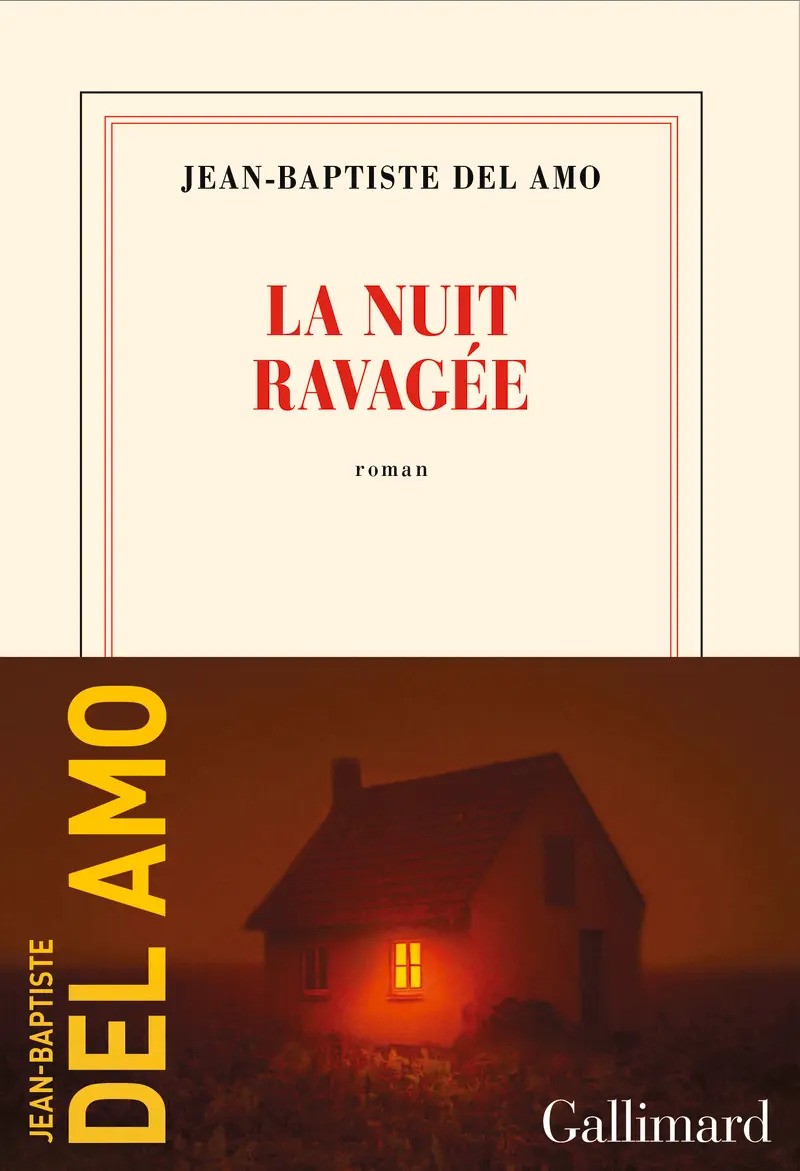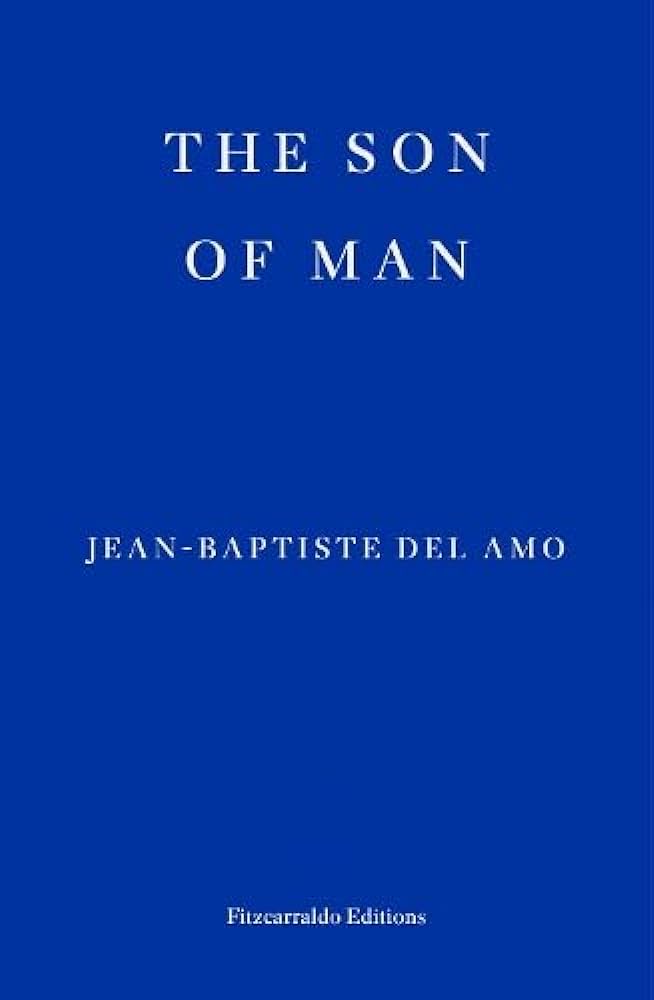The Ravaged Night (La nuit ravagée)

Saint-Auch, a small town on the outskirts of Toulouse, in the early 1990s. Between the Genêts housing estate and the Acacias residences, where modest families live, a gang of teenagers is growing up. They are bored, roam around on mopeds, are passionate about horror films and wait for the end of secondary school, preparing themselves for the same disappointments their parents encountered. All of them endure the cruelty of the group, confronting the emotions of desire, social injustice and the tragedies that have already marked their young lives.
In the housing estate, at the end of the impasse des Ormes, there’s a house they’ve always known to be abandoned, about which disturbing stories circulate and which exerts a strange power of attraction over them... When a local boy dies in terrible circumstances, the gang, suspecting that his death has something to do with the house, decide to go into the property. Little do they know that they are entering an alternate reality and that their lives will be changed forever.
Borrowing freely from the codes of the fantastic and horror novel to paint a portrait of an era, a generation and a social class rarely represented in literature, Jean-Baptiste Del Amo questions the meaning, ambivalence and violence of our lives: The Ravaged Night of Saint-Auch is the story of adolescence, but it is also our own.
"A stunning psychological lock in (…) Del Amo’s talent is to take a banal story of a haunted house and turn it into a psychological chamber play. Each character is extremely well-crafted, with their personality, their past, suffering and fantasies. The author makes the teenagers confront their most unavowable desires, at the risk of losing their innocence (…) There are few authors whose books one can pick with closed eyes when entering a bookshop and Jean-Baptiste Del Amo is one of them. La Nuit Ravagee is comparable to Shirley Jackson’s The Haunting of Hill House. It has it all. The suspense. The fantasy. The terror. The blood. It is a masterpiece of the genre. It confirms our conviction that we are reading a great writer, even though this is only his sixth novel. We are already waiting for his next book."
– Le Figaro
"So this is a genre novel? Well, not only that. As he explains in a postface, Jean-Baptiste Del Amo took his inspiration from Stephen King and Lovecraft, and maybe even more from some master filmmakers like Wes Craven and David Cronenberg. But beyond the particularly successful exercise in style, his novel deepens the metaphor of a sick world that no longer distinguishes between dream and reality and in which life resembles a nightmare. It is a question of style, but also of depth, as his characters are so remarkably well portrayed"
– Le Point
"Since his first book, Jean-Baptiste Del Amo has continued to explore new territories and genres. He unites these worlds in a virtuoso style and phrases intertwine and unfold with a frank sensuality. In La Nuit Ravagee, there is something delightful about his celebration of the imaginary"
– Le Monde
"A writer with the soul of a sociologist, Jean-Baptiste Del Amo retraces the journey of each of his characters within their family and neighbourhood, as well as through the course of their era. Loading them with mysteries without ever weighing them down, the author demonstrates an astonishing visual inventiveness. He renews the form of his obsessions here, without changing their substance"
– Le Parisien
"A teenage chronicle in the South-West of France as much as a novel of pure horror, La Nuit Ravagee is a skilful and very successful mixture of genres. A tribute to Stephen King (amongst others), confirming the unique talent of Jean-Baptiste Del Amo.(…) If one could find a few touches of the fantastic in his previous novels (think of certain passages from A Libertine Education, Animalia and, above all, The Son of Man), Jean-Baptiste Del Amo pays tribute to this culture in full in this brilliant Nuit Ravagee."
– Le Magazine Lire
"The author of Animalia has done wonders entering genre literature and is well up to the level of masters such as Stephen King or Shirley Jackson. This magnetic novel draws the reader in just like the evil house draws in the characters. The mixture of pleasure and fear creates wonderful poison"
– le Nouvel Obs
"Where classic horror fiction would wake the dead to haunt the living, La Nuit ravagée has no ghosts. The house absorbs the anguish, desires and unease of the characters and magnifies them tenfold. The visions it conjures up reflect what haunts their minds.(…) The noxious power of the place gradually blurs the boundary between reality and the fantasies invested by a creature embodied by the mansion"
- Liberation
"La Nuit Ravagee awakens our most secret desires, our brightest longings, before soberly tipping over into horror. Terror opens the soul to other horizons. A sublime homage from Del Amo to Stephen King, the master of the genre"
– Elle Magazine
"Jean-Baptiste Del Amo’s writing is stylistically striking. A major figure in contemporary literature, his work combines realism and harshness. (…) La Nuit Ravagée is a masterful novel that plunges us into the labyrinth of the human soul. Del Amo draws us into an intimate reflection, encouraging us to scrutinise the shadows of our fears and the flashes of our desires. The growing tension keeps us in suspense until the last page. How far would we be ready to venture to face our own demons? This book presents itself as an open door to this introspection and its author has written a bewitching novel"
– Page Des Libraires
"A great book to be devoured in one go. The challenge: how can one write horror ‘from which beauty and melancholy would emerge’? A successful gamble, as the book will also appeal to readers who are not usually drawn to the genre (…) Upon finishing La Nuit Ravagée, one is certainly a little relieved to leave this disturbing world, but also sad to close a great book, perhaps one of the best novels of the year"
- Vanity Fair



